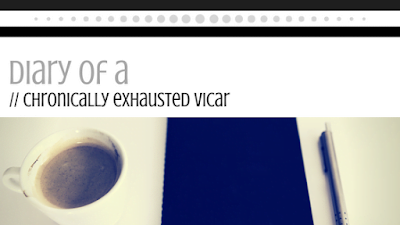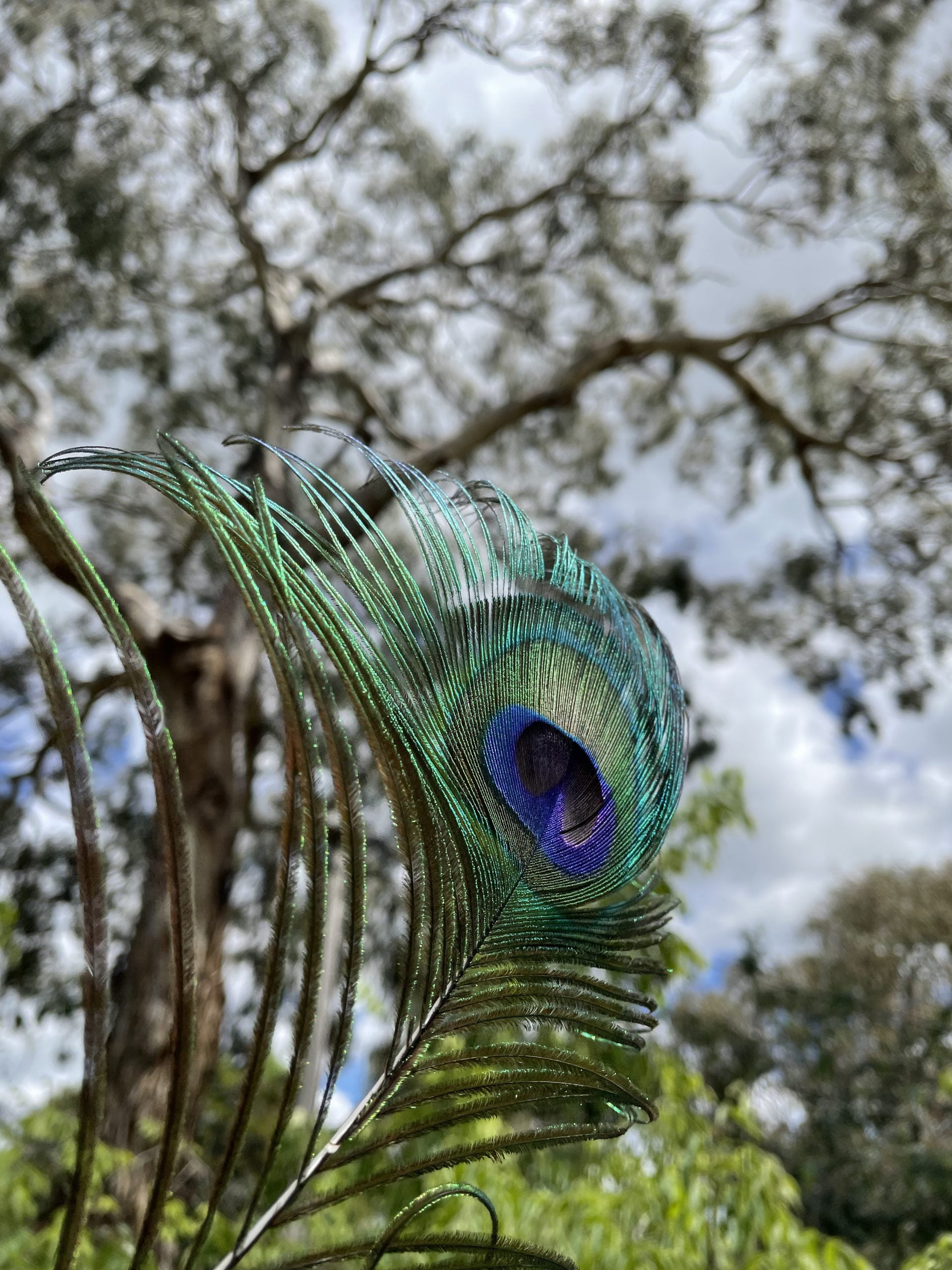I was managing the Fatigue quite well. I had energy to last through entire days, I was starting to swim stronger and longer, I was clear-headed, writing, thinking, creating, with productivity and even a measure of quality.
I’ll keep the thoughts on the steps I’ve since taken, or fallen, backwards for another entry. For now, what was I doing that was helping to manage the illness?

For a time – four weeks – I was on study leave. That gave a different rhythm to my days, and a different measure of control over the rhythm. I was less bound by the pattern of congregation’s weekly preparations for Sunday worship, meetings and mid-week gatherings, and freer to set my own daily goals and be flexible with them as necessary.
That’s not a negative comment on the congregation’s weekly rhythm, or the scheduled meetings and interruptions that provide the meaningful connections with the people I serve.
I do think it will be fruitful to consider how I move through that rhythm in such a way as to be life-giving, when I seem often to become carried along in a way that buffets me about a bit.
Part of this tension is the balancing of solitude with people time. If I am well, I tend to need about equal time with people and alone, to maintain wellbeing and good energy levels. Chronic Fatigue has made time with people more exhausting, and solitude more necessary. That can mean that having spent considerable time in the company of people in the congregation, I have little energy for time with friends. This can leave me feeling isolated; solitude (and singleness) a burden rather than a gift.
During the study leave weeks, I was more in control of the balance between solitude and people time. And the solitude itself was less about the retreat in exhaustion and more a creative, productive, space.
Again, not a negative comment on the nature of my work as a minister in a congregation, for I love the time I spend with my people, and the privilege it is to be in their company as we worship, learn, celebrate, and grieve, together.
It may again be helpful to consider how I can achieve healthy balance between people time and solitude, and between solitude for recovery and solitude for creativity.
I have long intended to attend to diet further. I’ve written about the great help it is to have my evening meals delivered, stored in the freezer for simple re-heating at the end of the day. I know they are prepared with nutritional value. I choose ten meals once a fortnight, and don’t have to think about what I’m having for dinner, what ingredients I need, or summon the energy to cook. (for those who think I can’t count: the other four evenings may be taken up with invitations to eat with friends, or given to take-away treats)
I had a suspicion, having heard various opinions on ‘gut health’, that my gut wasn’t terribly healthy. It felt as though my body was not gleaning all the nutritional value from the food I was eating. But all those ideas on improving gut health through drastic dietary changes – of course, I don’t have the energy or cognitive capacity for coping with that. What about this protein powder I saw advertised – could that boost gut health? I gave it a go.
I began by having the powder in a glass of water before my usual breakfast of pineapple juice, coffee, and multigrain English muffin. It was no miracle cure, but after a week, ten days, I noticed a change. For a long time, I could work through to a late lunch, then had to ease off into monitoring emails, listening to podcasts, remaining quite still, for the afternoon and evening. Now, I could continue more rigorous concentration with reading and writing through the afternoon, or morning and evening, and feel the good tired that comes from doing good work.
I have since started getting fresh berries and red grapes, dividing them into portion size, and freezing them to blend the frozen fruit with water and protein powder for breakfast (inspired by the practice of a friend who also lives with chronic illness). Fruit has been a minimal part of my diet most of my life as I really don’t cope with the textures of most fruits. I like beginning the day with my berry smoothie, and my body seems to appreciate this change.
I had another suspicion, having read that some people have found restricting dairy, among other things, to help manage Chronic Fatigue – so I also switched from cow’s milk to almond milk in my coffee, or with baileys of an evening, and I’ve stopped with the daily bowl of ice cream. I’m not sure the overly sugary passionfruit sorbet is a helpful substitute for the latter, so for my treat I think I’ll go back to a square or two of dark chocolate. I still have cow’s milk in coffee when I’m not at home. I suspect, eventually, I’ll drink tea or something instead.
I receive Network Spinal treatment once or twice a week, which helps move me towards better health in a holistic, gentle, manner. Sometimes the work we do in a session leaves me unsettled for a day or so, as my systems adjust and find ease. Sometimes we identify un-ease that will take several sessions to work through. So it’s work, as much as therapy. And sometimes I think the main benefit is to have spent time being cared for, and caring for myself.
Water therapy most days involves 40 minutes of spa jets and 20 minutes of ‘swimming’ (sometimes just gliding up and down the length of my small pool). A mixture of stillness and gentle movement the eases my muscles and nourishes my soul. I do love to be in the water, and I find it healing, in a profound, inexplicable, way. I was beginning to add some time with a tether, swimming backstroke, swimming stronger. And I was wondering if I might be able to go for a short walk from time to time. The water is helping me recover strength. But I’ve a way to go, yet.
In the midst of a mini-crash, feeling I’ve taken two steps forward and three steps back, these practices will be important in recovering the good health I experienced for a while. I know they help and I must trust that, overall, I am moving in the right direction.



Leave A Comment